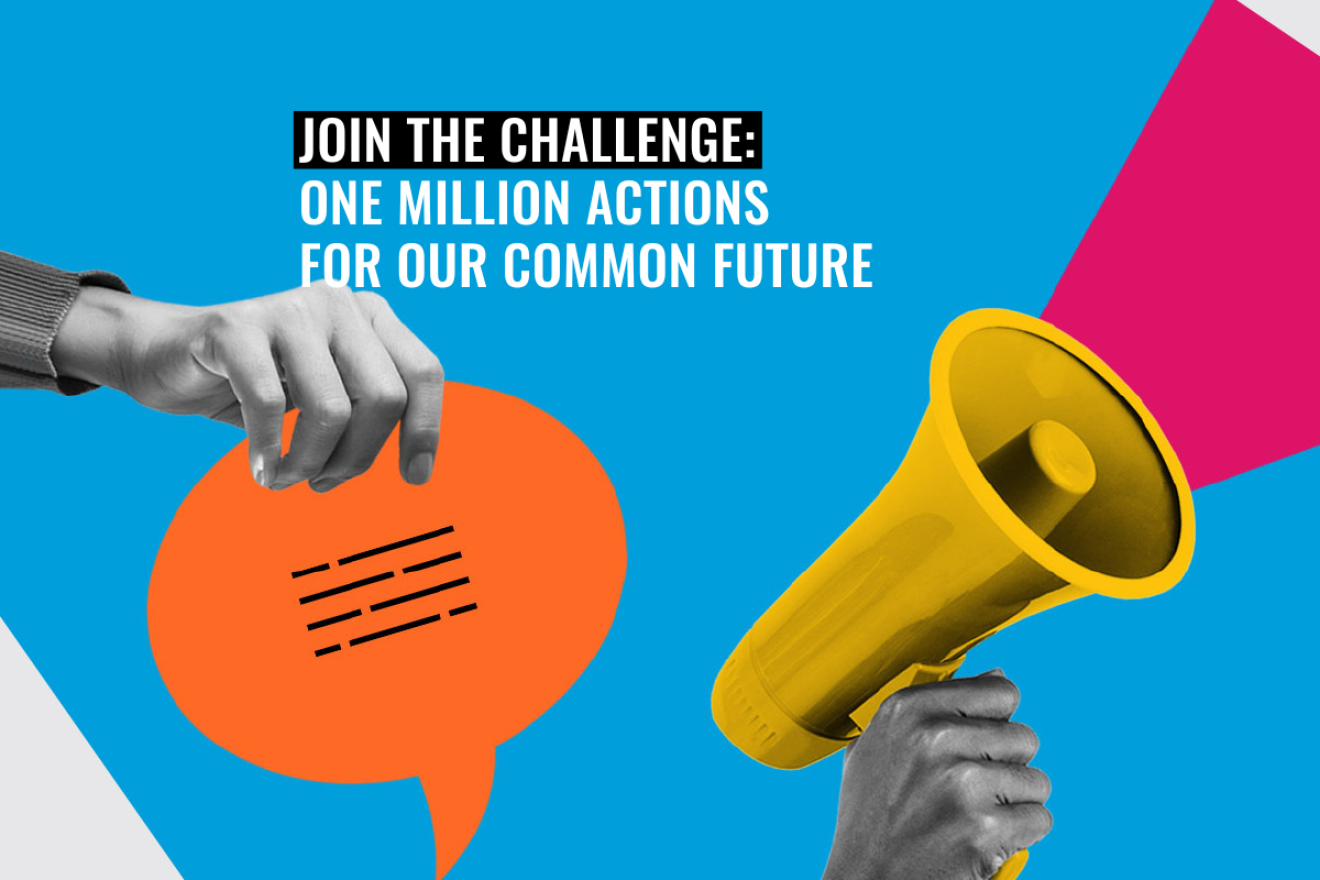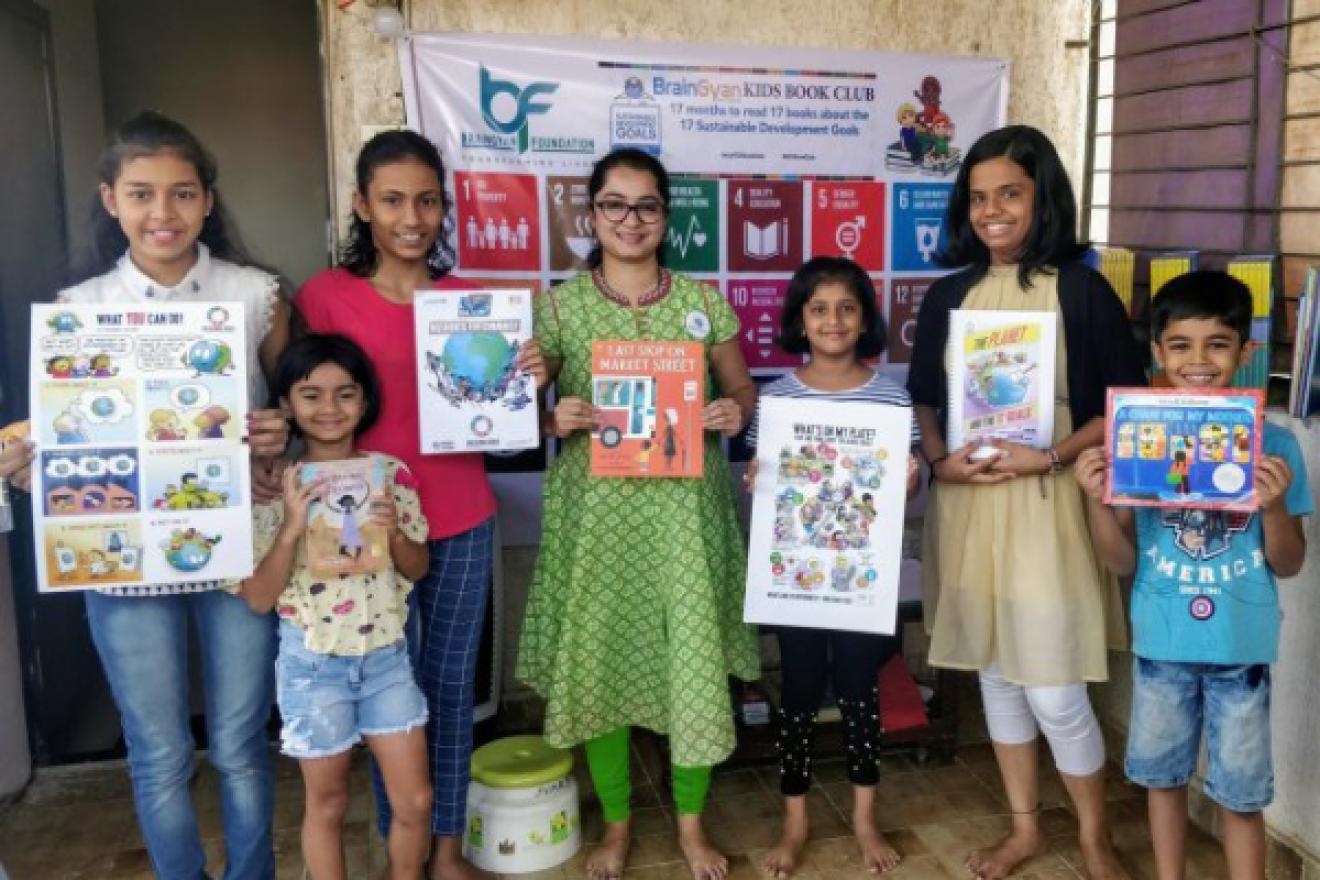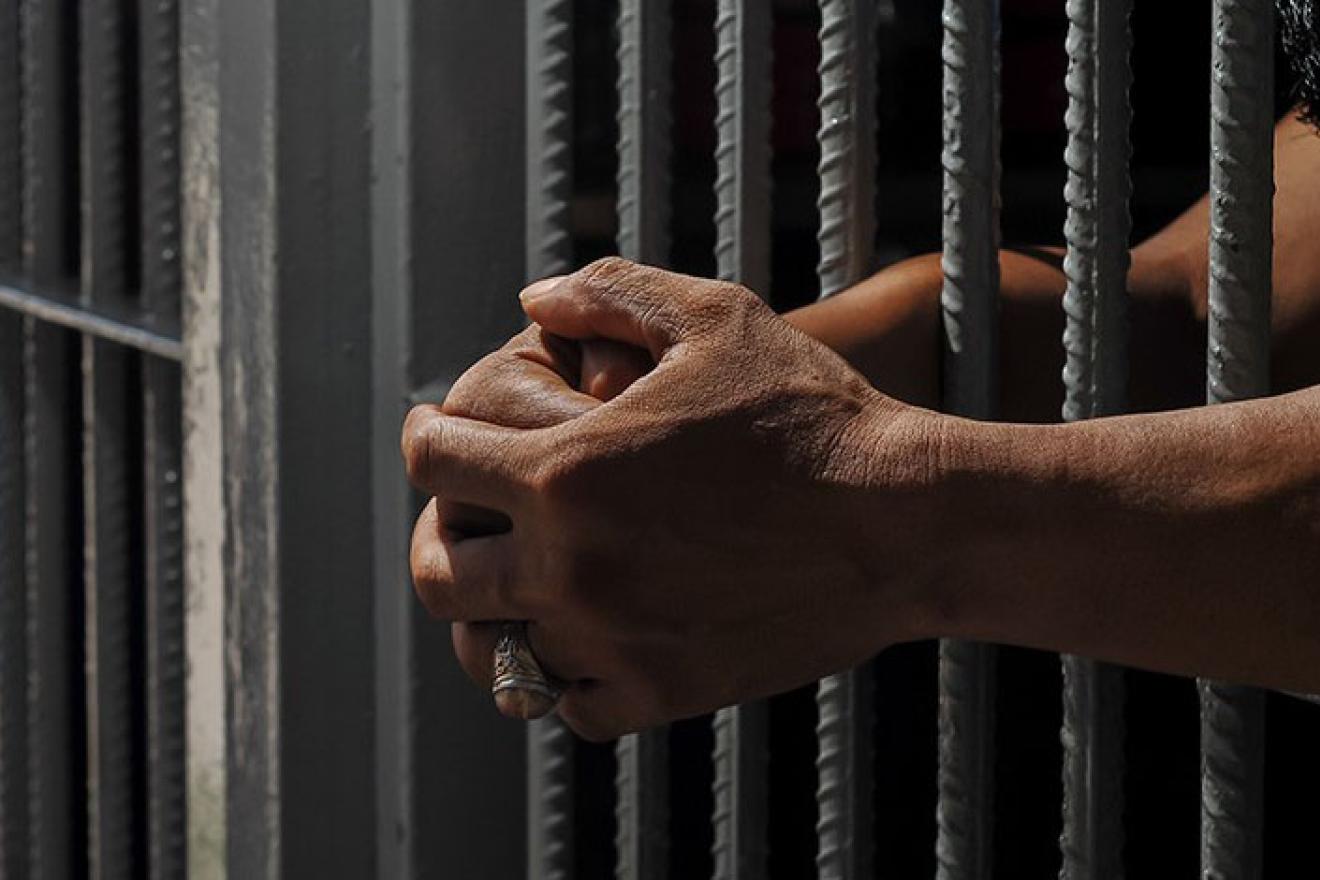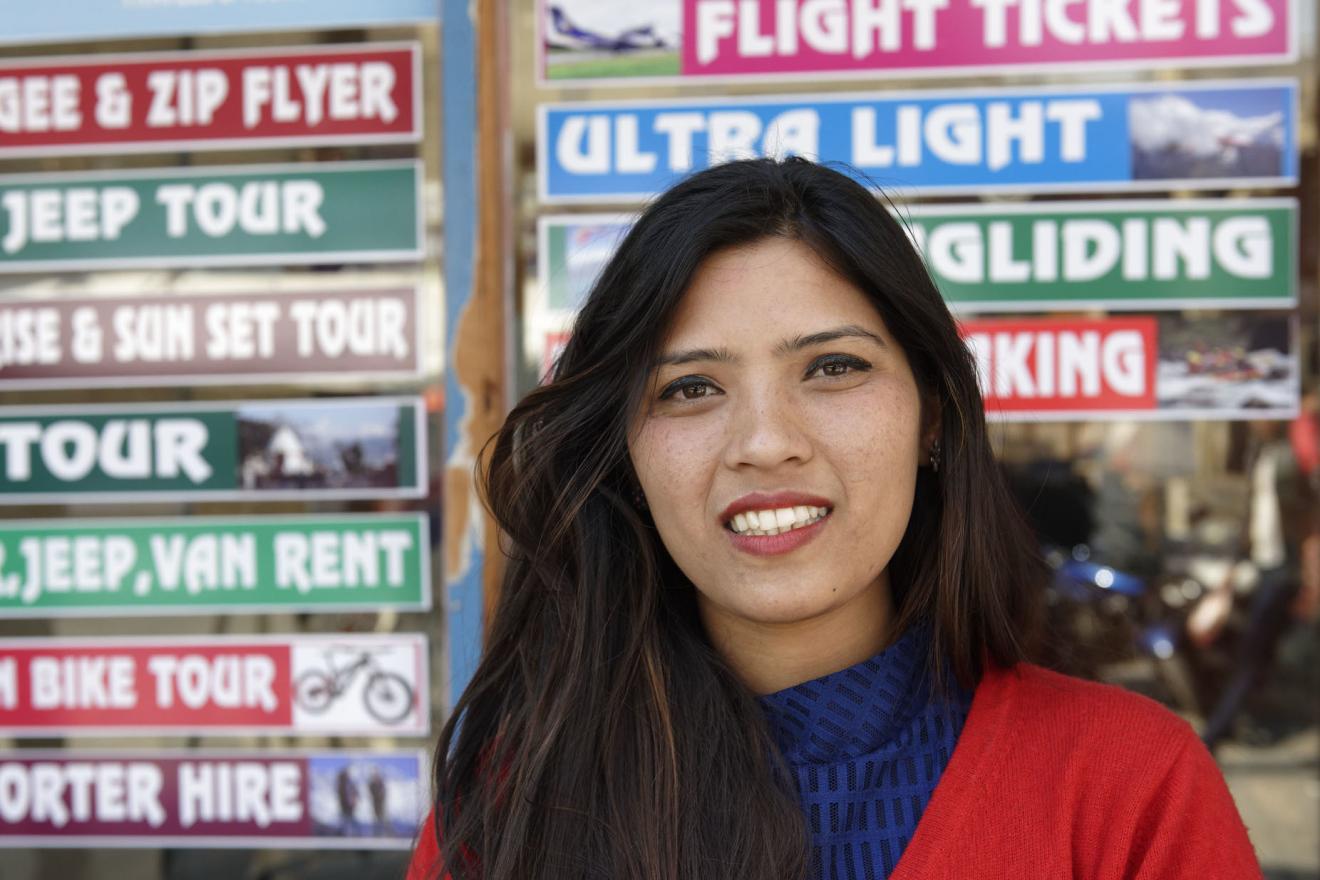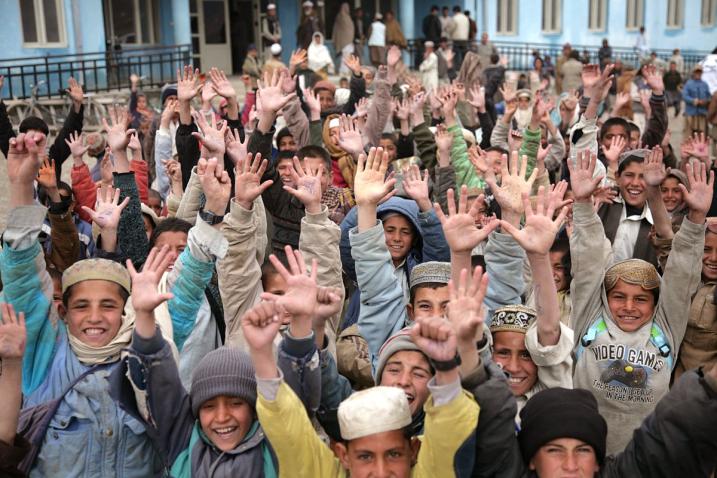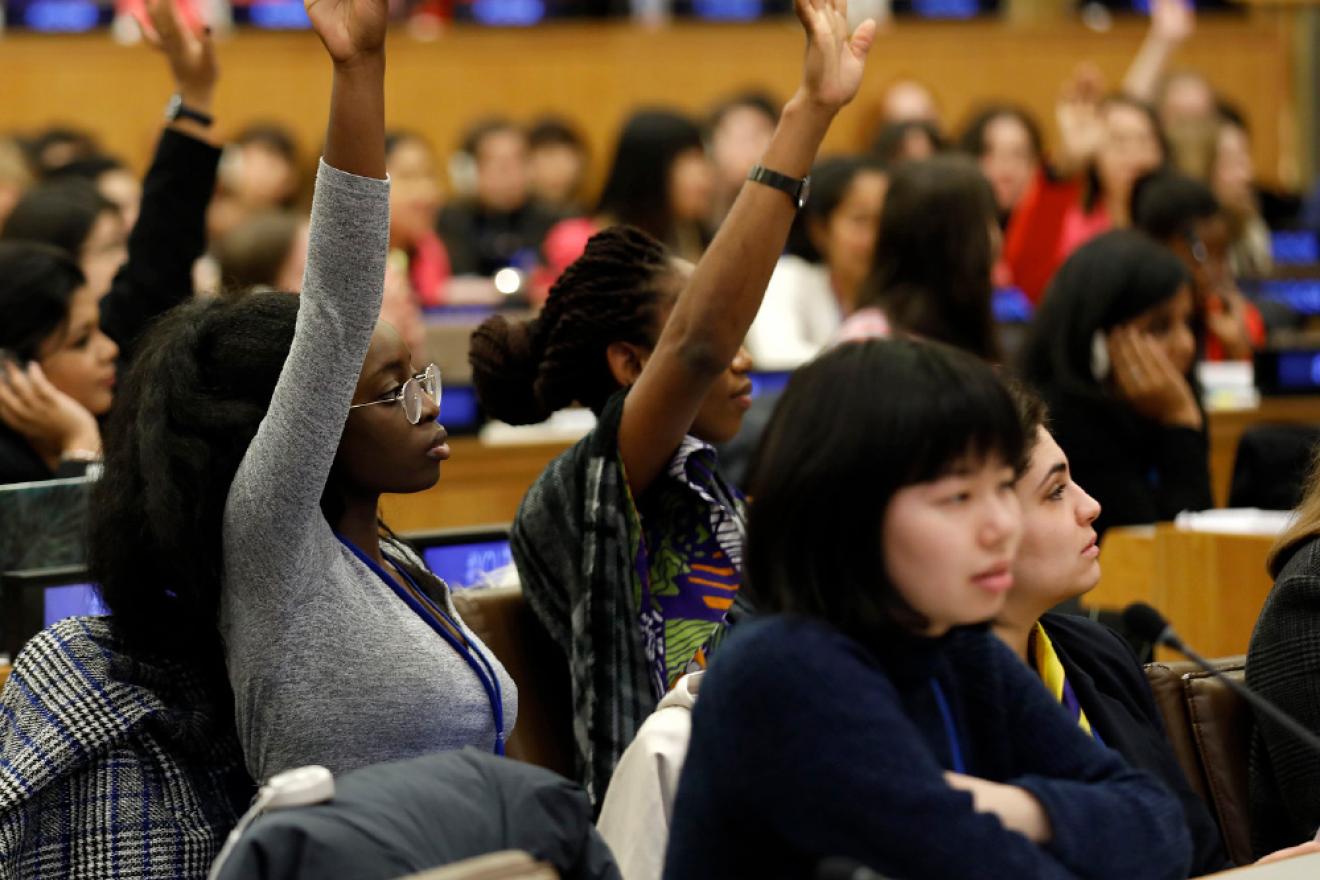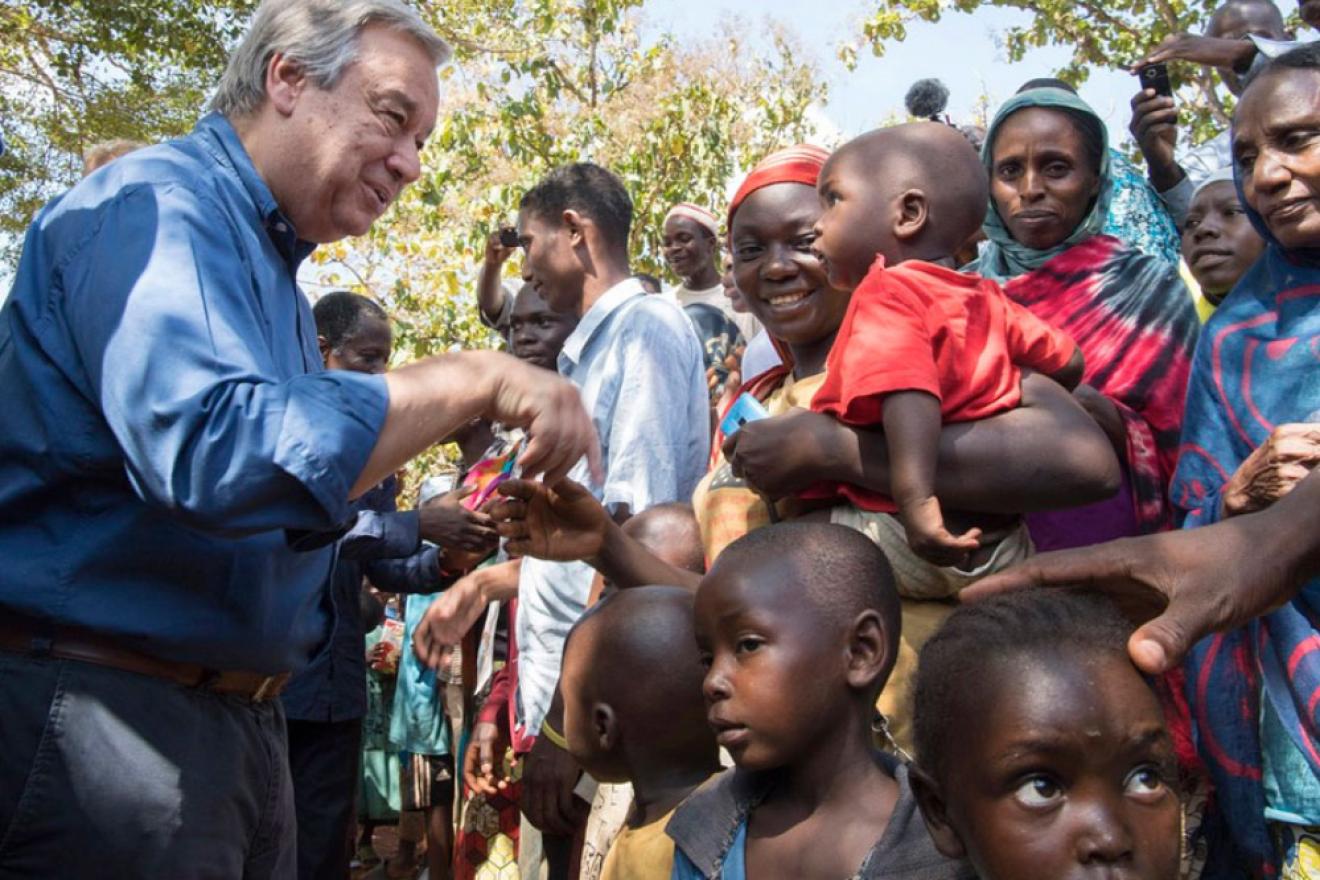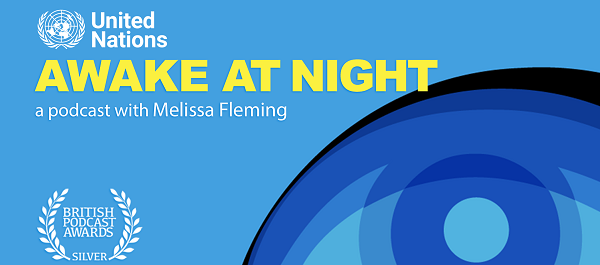The Goals can improve life for all of us. Cleaner air. Safer cities. Equality. Better jobs. These issues matter to everyone. But progress is too slow. We have to act, urgently, to accelerate changes that add up to better lives on a healthier planet. Find new inspiring actions on the app and at un.org/actnow.
Non-violence: The strength of the courageous
The world is witnessing a troubling erosion of our shared humanity: dialogue is giving way to violence, civilians are bearing the brunt of conflict, and international law is being disregarded. In this time of rising tensions and deepening divisions, Mahatma Gandhi’s legacy of truth and non-violence carries renewed urgency. On this International Day of Non-Violence (2 October, Gandhi’s birthday), Secretary-General António Guterres calls on all people to follow Gandhi’s example—end suffering, advance diplomacy, heal divisions, and strive for a just, sustainable, and peaceful future.





